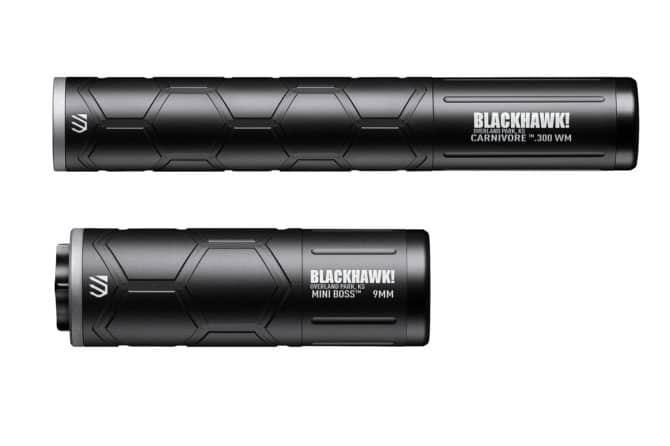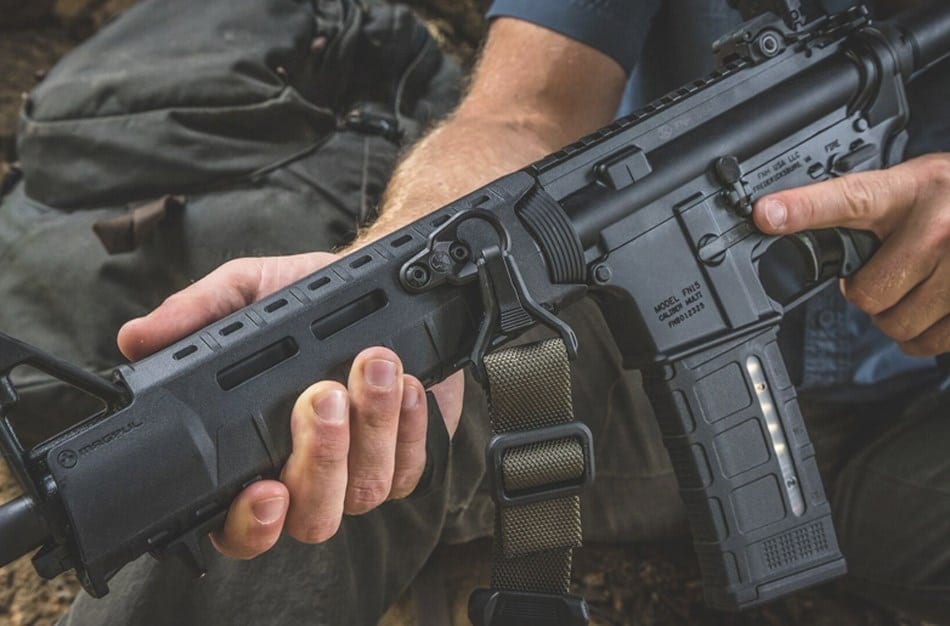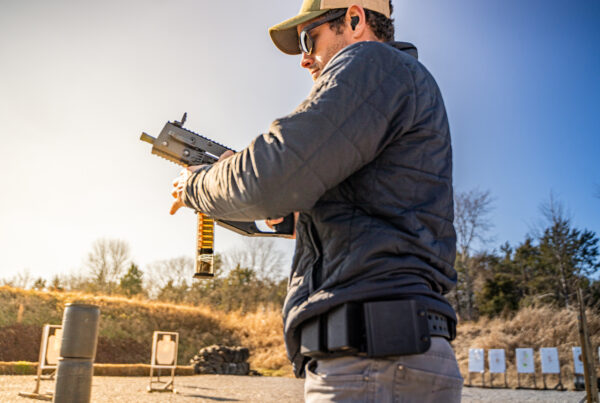
Maybe you’ve just come out with some disruptive technology, game-changing accessory or new firearm platform.
Or maybe your business has been around for a while and you’ve realized that to compete in today’s environment, you need to focus more on your messaging and how your company and/or products are understood.
But, do you really need a brand strategy?
The truth is… a brand already exists, even if you’ve never taken the time to develop it.
Your customers, dealers, distributors, employees, and partners already have some kind of feeling, thought or understanding of you or your product—negative or positive.
What is the difference between branding and marketing? Marketing and branding is a two-sided coin. Branding is about feeling and emotion (fonts, colors, imagery, tone etc.). Firearms marketing is about generating activity in the marketplace (advertising, PR, email, trade show etc.).
Below are 10 surprising facts that you may not have considered in regards to your brand development strategy and why it’s important to have one—if you intend to leave your mark on the firearms industry.
1. Make it easier for the customer to buy
Customers make decisions on products they know and trust. If a customer is not familiar with your brand, they are less likely to buy it.
Think of the last time you were in the gun store and you had to pick up some ammo. Hornady—a ammunition category brand leader—was not on the shelf. Do you buy the “I’ve never heard of you” brand of ammo—or forgo the purchase altogether? Most likely, you’ll wait till the next trip or drive across town to another store. Brands help us make buying decisions.
2. Make it easier for the sales team (and dealers) to sell
Having a strong brand reputation in the marketplace will allow your dealers and sales team to close more sales based on brand performance alone. A reputation for service, quality and the ability to solve your customer’s problem will be more likely received and sought after.
3. Brand clarity and delivery spurs employee motivation
Brands give your employees purpose. Having a clear cultural direction, goal and mission based on your brand values will create higher performance and productivity. A strong brand will turn your employees into brand advocates versus people who just show up to collect a paycheck. It will also give you and your stakeholders a clear understanding of your vision, mission and purpose.
4. Increase the value of your company over time
Brands are line items on today’s most valued companies. The Coca-Cola brand alone accounts for 51 percent of the stock market value of the Coca-Cola Company (Source: Brandchannel). The same could be said for Ruger or Smith & Wesson.
By developing a strong firearm brand—especially for companies with/or seeking investors—brand development aids in building a successful exit strategy.
5. Brand definition brings clarity to your business goals and direction
If you have a good product that everyone is excited about, alot of times you just have to stay out of your own way.
A brand strategy will save you from making costly decisions.
A recent example is Vista Outdoors’ Black Hawk product line of silencers. Black Hawk a gear supplier for military and law enforcement agencies—ventured into the silencer market and after just eighteen months pulled out.

Photo credit: Recoil
In May of 2016, when the silencers were first announced, many were musing if this was too far a departure from Blackhawk’s bailiwick. When asked why the line was being dropped, a Vista representative put that musing to rest: “After completing a strategic review of our product lines, we determined that suppressors did not align with our core business. In order to streamline our products more efficiently, we felt it was best to eliminate suppressors from our current line-up.” (Source: Recoil)
Millions of dollars would have been saved if brand managers would have practiced “brand discipline.” Read more on The 5 Rules of Brand Extension.
6. The brand development exercise creates innovation
Most of us are so busy we sometimes just go through the motions in our businesses day after day with the mentality of “if it isn’t broke, don’t fix it attitude.” By purposefully sitting down and thinking about your brand, product and business you will give yourself and your team time to create new processes, products, components and other ideas that will drive innovation. This is time well spent and the life blood of successful firearm brands.
7. Saves money on future design and advertising costs
Instead of reinventing the wheel every time that new ad needs to be placed, trade show booth or package redesigned—your brand standards will provide a guideline for consistency that creates visual recall and recognition.
8. A strong brand creates preference which, equals profit
By consistently delivering the same value, service and quality—along with the same visual identifiers—you begin to create preference and repeat customers. This is called “branding.” The goal of brand development is to create preference, branding is to create recall.

Photo credit: Guns.com
9. Attract talented employees
In today’s war for talent—companies are struggling to find talented and skilled workers. Those with strong employer brands coupled with a strong corporate brand will win.
10. Provides the foundation of all your marketing efforts
Without a brand strategy, it will be very difficult to focus your influencer or inbound marketing efforts. The absence of your customer’s buyer personas, key messaging and brand-centric visuals will make any marketing effort less effective.
So, do you need a brand strategy?
Well, if any of the above points appeal to you—I would say yes—brand development is a business necessity for business owners serious about growth and leaving their mark on the firearm industry. Even if competition is non-existent—you eventually will need to develop your brand to pre empt competition as Magpul has done, who by all measures dominates the magazine market.

Photo credit: Magpul
We have in any given category 10-20 of everything (ammo, handguards, holsters, ARs, shotguns etc.). By having a well-defined brand, you will be able to compete at a higher level than your competition, stand head and shoulders above the rest and build a valuable asset for the future.
One last thought to end on: “Brand is the last remaining business currency.”
Photo credit: F4 Defense, Jason Swarr, Straight 8






